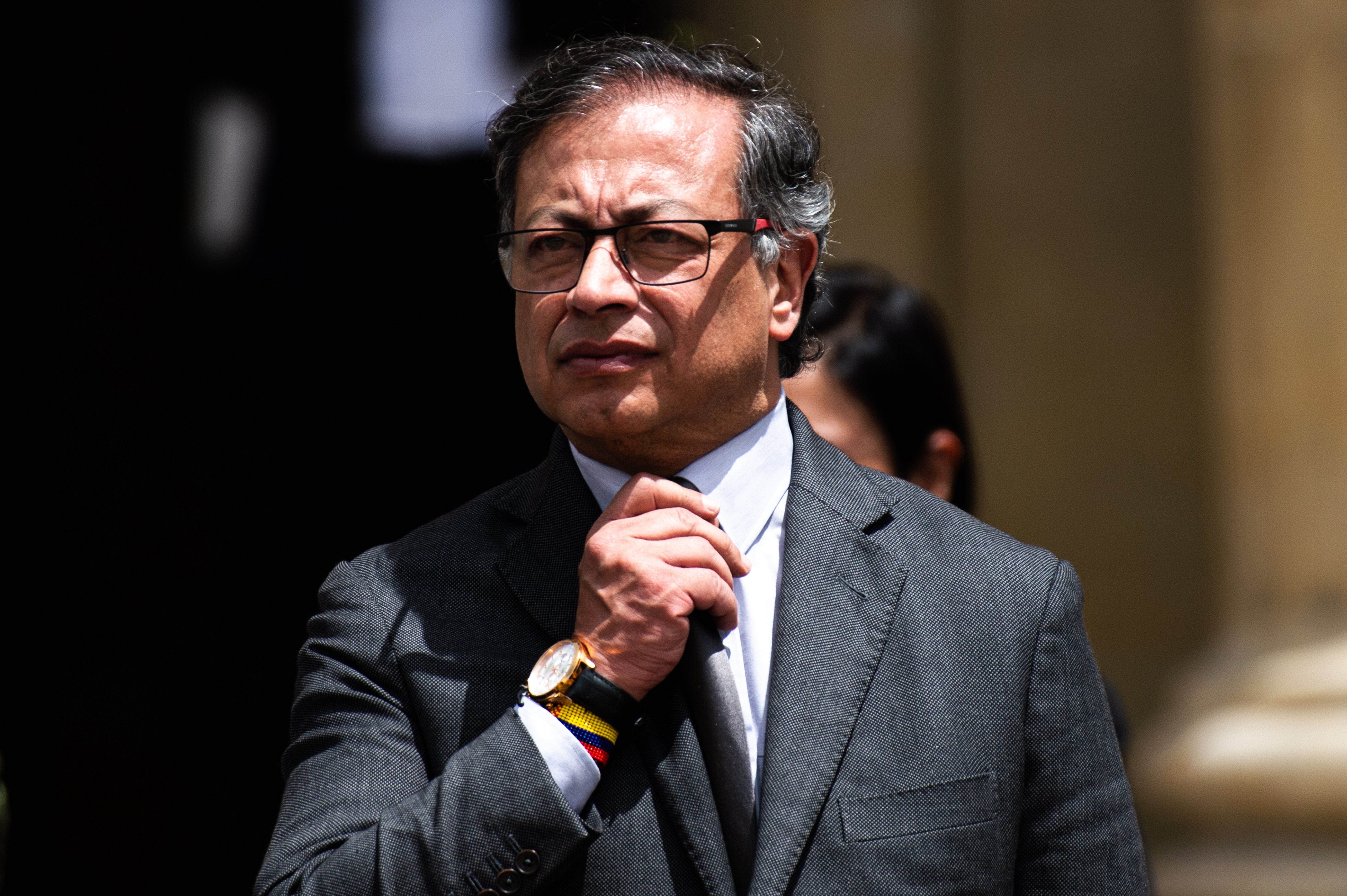9: Ken, do something! Barbie has managed to wade into the choppy waters of geopolitics, as Vietnam has banned the new Warner Bros’s film because a scene shows a map reflecting China’s side of a territorial dispute with Vietnam. At issue is the infamous “nine-dash line,” which Beijing uses on maps of the South China Sea and which takes in islands and waters that at least half a dozen other countries dispute. International arbitration deemed the nine-dasher illegitimate in 2016 — but Beijing is unmoved.
1.2 million: Libya’s output of 1.2 million barrels of oil per day is in peril amid escalating disputes over revenue-sharing between the divided country’s rival power centers. Most production is located in the East, controlled by General Khalifa Haftar, a warlord backed by Egypt, the UAE, Saudi Arabia, and Russia. But revenues are clocked and distributed by the UN-recognized government in Tripoli. Haftar says a fair agreement has to be reached within two months or he’ll launch a fresh offensive.
0: Under a new Dutch government rule that takes effect next year, schools will allow zero smartphones, tablets, or similar devices in classrooms. “Mobile phones are intertwined with our lives,” said the education ministry, “[but] they do not belong in the classroom.” Fair enough, Dutch students probably shouldn’t be reading GZERO Daily during class anyway. See you at lunchtime!
More For You
Tune in on Saturday, February 14th at 12pm ET/6pm CET for the live premiere of our Global Stage from the 2026 Munich Security Conference, where our panel of experts takes aim at the latest global security challenges.
Most Popular
Think you know what's going on around the world? Here's your chance to prove it.
At the Munich Security Conference, the mood is clear: Europe no longer assumes the United States will lead. In this Quick Take, Ian Bremmer reports from Munich, where this year’s theme, “Under Destruction,” reflects growing anxiety that the US itself is destabilizing the transatlantic alliance it once anchored.
Every year, the Munich Security Conference, the world’s leading forum on international security, releases data that sheds light on how citizens view global risks.
